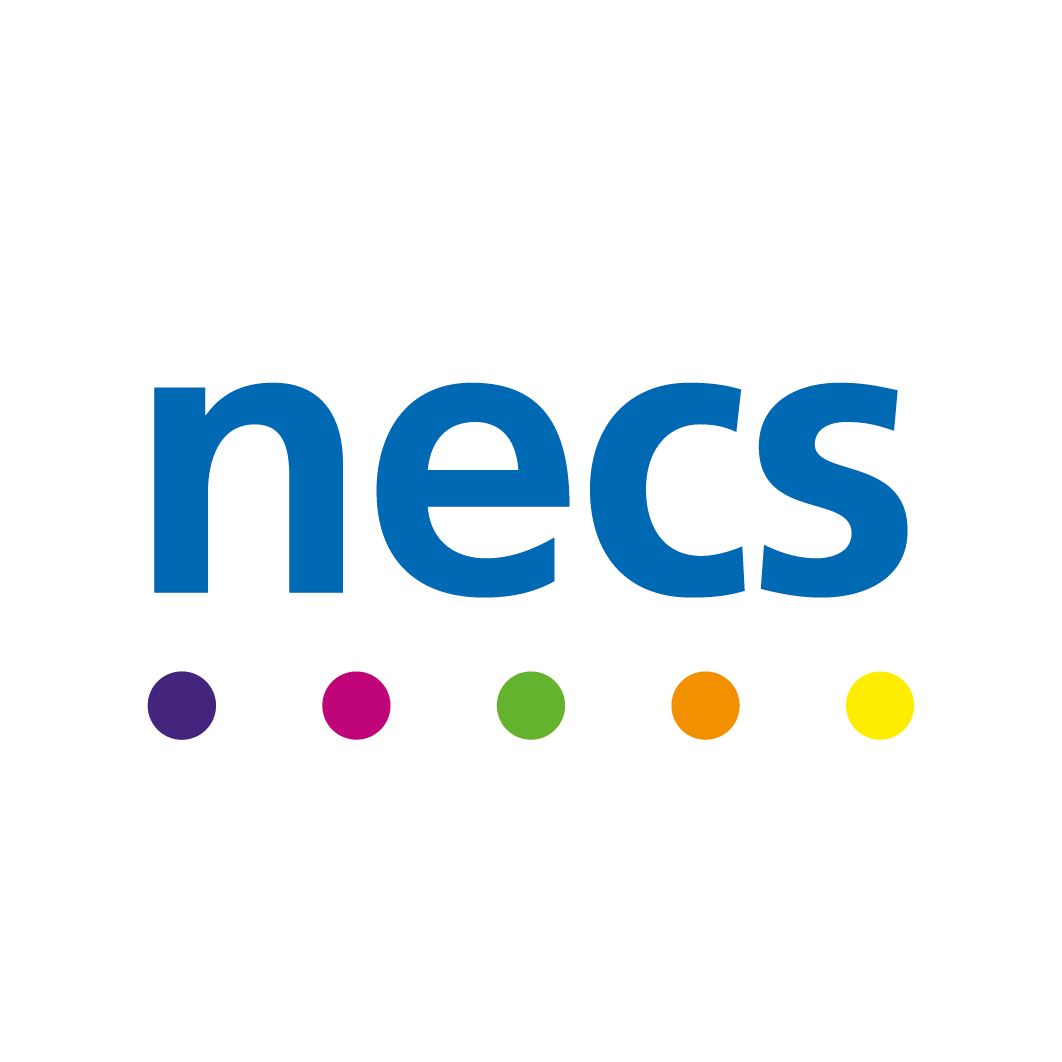We are in the midst of Lesbian Visibility Week (22 to 28 April) and today is Lesbian Visibility Day! Held on the April 26th every year, Lesbian Visibility Day showcases and provides a platform for lesbian role models to speak out on the current issues facing lesbians today. It is a day to celebrate and bring visibility to a section of the LGBTQ+ community and a chance to share stories and experiences from members and allies across the world.
The theme this year is “Unified not Uniform”. It looks at celebrating the power of sisterhood, aiming to uplift incredible LGBTQ+ women and non-binary people from every generation, in every field, globally.
For this reason, we want to celebrate three figures in particular who have identified as lesbians and contributed to the healthcare system in the UK.
Sophia Jex-Blake (1840-1912)
Sophia was one of the leading campaigners who sought for women to be allowed to study medicine in the UK. She became the first female doctor to qualify in 1879, after attending the University of Edinburgh, the first university in the UK which allowed women to study medicine. She is also believed to have been in a same sex relationship with Dr Margaret Todd, who wrote and extensive biography about Sophia’s life, posthumously.
Louisa Martindale (1872-1966)
Louisa was the first woman GP, first setting up her medical practice in Brighton in 1906. With a group of other Brighton feminists, she developed the New Sussex Hospital for Women, where she was a senior surgeon and physician. She later became a specialist in the early treatment of cervical cancer and was awarded a CBE in 1931. For three decades, Louisa lived with the love of her life Ismay FitzGerald, for whom she wrote of her love for in her autobiography: A Woman Surgeon, published in 1951. Louisa was a physician, surgeon and writer and a true pioneer.
Karen Dawber (present)
Karen Dawber, former chief nurse at Bradford Teaching Hospitals NHS Foundation Trust, was involved in the introduction of the iconic rainbow badges across the NHS. The badges were designed with the aim of increasing awareness of the issues that LGBTQ+ people faced when accessing healthcare, making significant differences to the healthcare experiences of patients and the sense of belonging experienced by colleagues. The badges also send a public and visual message to LGBTQ+ individuals that they are supported, that they are listened to, they are represented, and they have a voice. It helps colleagues and patients identify potential allies, allowing them to break down barriers and initiate support.


